Nathan BriantSouth of England
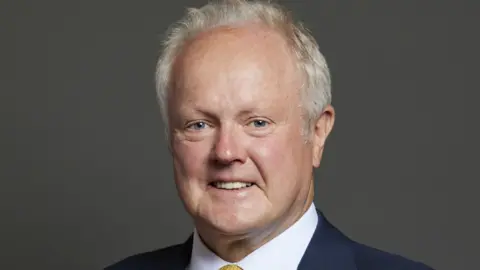 UK Parliament
UK ParliamentA Berkshire MP said the government must do more to support NHS staff who are “working flat out” to treat people with cancer.
Clive Jones,…
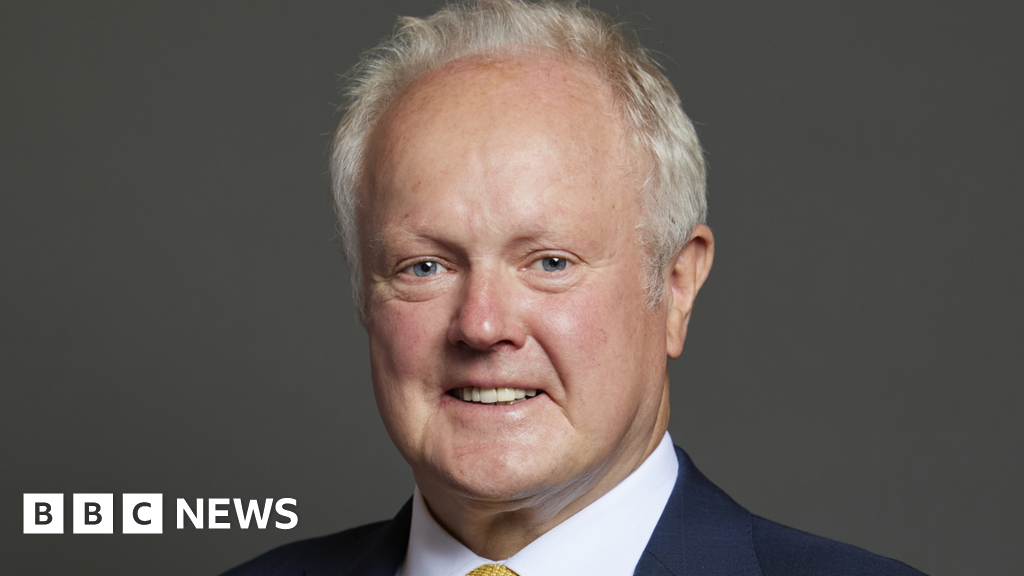
Nathan BriantSouth of England
 UK Parliament
UK ParliamentA Berkshire MP said the government must do more to support NHS staff who are “working flat out” to treat people with cancer.
Clive Jones,…
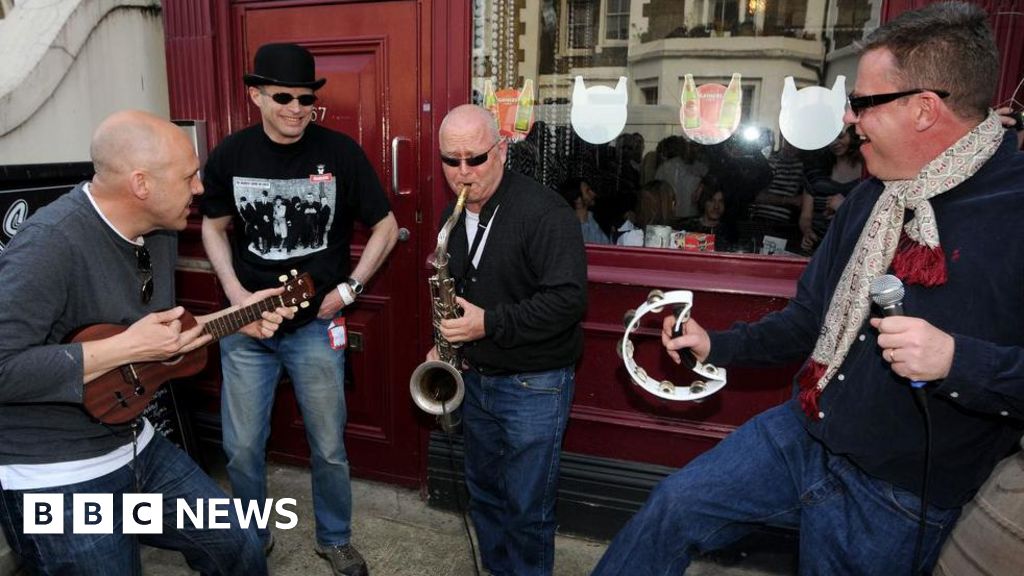
 BBC
BBCPop and ska band Madness will be headlining a small town festival next spring.
Good Times Live organisers said the band, which has had 15 singles in the UK top 10, will…

The McMichael Canadian Art Collection, home to one of the world’s foremost collections of Canadian and Indigenous art, revealed today plans for a “transformative redevelopment” of its campus in Kleinburg, Ontario, led by the Toronto-based…

CobbleStone Software shares its vision for AI-powered contract management in a newly published Business Reporter article featured on The Independent.
PRINCETON, N.J., Oct. 24, 2025 /PRNewswire/ — CobbleStone Software, a…
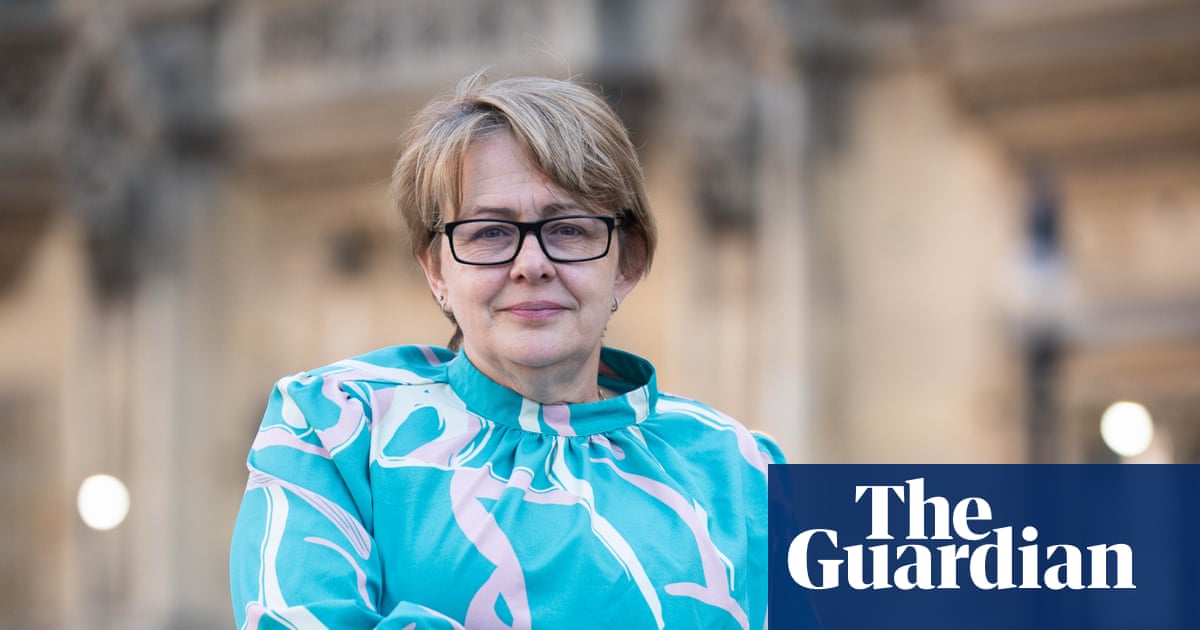
Campaigners including Tanni Grey-Thompson have warned that disabled drivers are at risk of being locked out of the electric car transition because of inaccessible chargers.
The former Paralympics champion and the Electric Vehicle Association England are pushing for the government to introduce standards to ensure chargers are easy to reach.
The number of public chargers across the UK is rising rapidly, with 17,400 – two an hour – installed in the year to July. However, the lack of standards means that disabled drivers have often been unable to trust that they can use them.
Obstacles such as raised kerbs or gravelled areas often make charger points inaccessible, while touchscreens can be too high on posts or angled away when using a wheelchair. Another issue for some disabled drivers is the weight of charging cables.
On Wednesday, the House of Lords passed an amendment to the government’s planning and infrastructure bill that would give the power to enforce accessibility standards on public chargers.
Lady Grey-Thompson, who won 11 gold medals across five Paralympics, now serves as a crossbench peer in the Lords. She regularly raises awareness over failures in accessible transport provision, including last year when she was forced to crawl off a train because there was no help.
She said she had felt unable to use electric cars, adding: “Disabled people have been completely forgotten about. I’ve tried to change to an electric car a couple of times. It has been really hard going.
“They [the government] just forget about us, because there’s not that many disabled people in positions of power.”
Vicky Edmonds, the chief executive of EVA England, said: “We’re currently risking millions of drivers being locked out of the transition to electric vehicles. Nearly half of EV drivers are struggling with accessibility of public charging and the number of public charge points continues to increase, by a quarter year on year last year.
“The government urgently needs to publish its revised accessibility standard and to take enabling powers to allow it to mandate that standard. Only then can we be certain that industry are genuinely incentivised to deliver accessible charging for all drivers.”
The UK has up to 1.35 million disabled drivers, 390,000 of whom are unlikely to have home-based EV charging, according to research commissioned by the Motability Foundation, the charity behind the scheme to subsidise vehicles for disabled people. Cuts to the scheme are under consideration by the chancellor, Rachel Reeves.
Only 2.3% of chargers match criteria set by the British Standards Institution. Efforts to make its standard, known as PAS 1899, more achievable have stalled.
Jamie Borwick, the Conservative peer who tabled the amendment, said installations of unsuitable chargers now would have effects for years and leave disabled drivers with few options when new petrol and diesel vehicles were withdrawn from sale after 2035.
after newsletter promotion
“We’re going to have put together a whole mass of inaccessible chargers,” he said. Drawing on his experience as a former boss of London taxi-maker Manganese Bronze, Lord Borwick added: “You’ve got to design for disability from the very beginning.”
Nigel Fletcher, the chief executive of the Motability Foundation, said charging standards should be come mandatory. He added: “It is vital that all providers of public EV charging are taking responsibility for ensuring that their infrastructure is accessible.”
Vicky Read, the chief executive of the lobby group ChargeUK, said: “No drivers should be left behind in the transition to electric vehicles and this includes drivers with accessibility needs.
“Charge-point operators are already working with local authorities, private landlords and charging equipment manufacturers to ensure the charging needs of disabled drivers are met when developing sites but often face practical challenges in doing so.”
A Department for Transport spokesperson said: “We are fully committed to ensuring disabled drivers can easily charge their electric cars, which is why we commissioned a review into accessibility standards for charge points.
“The review has now concluded, and its findings will be published shortly. We continue to work with industry on how we can further strengthen access to chargers for disabled drivers.”

Although international medical graduates comprise a significant portion of practicing oncologists in the United States (US), their research contributions as hematology/oncology fellows have been poorly understood historically, and structural…
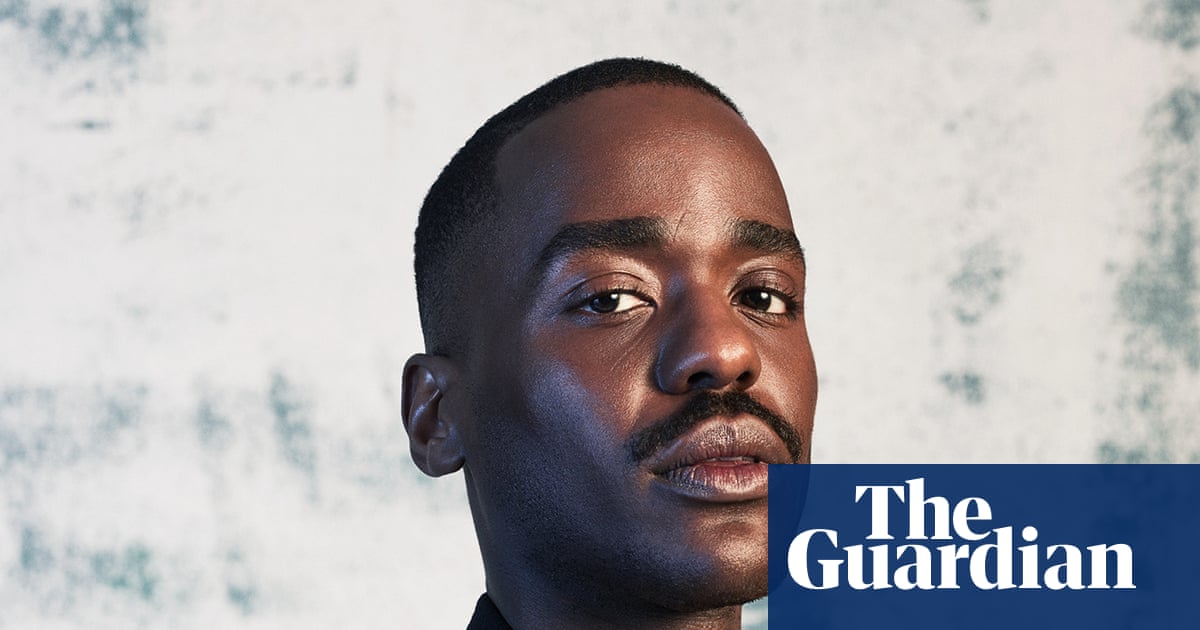
From Ncuti Gatwa in Born With Teeth to Alicia Vikander in The Lady From the Sea and Susan Sarandon in Mary Page Marlowe, there’s no shortage of starry celebrities being cast for the West End right now.
It is a phenomenon happening in subsidised…
